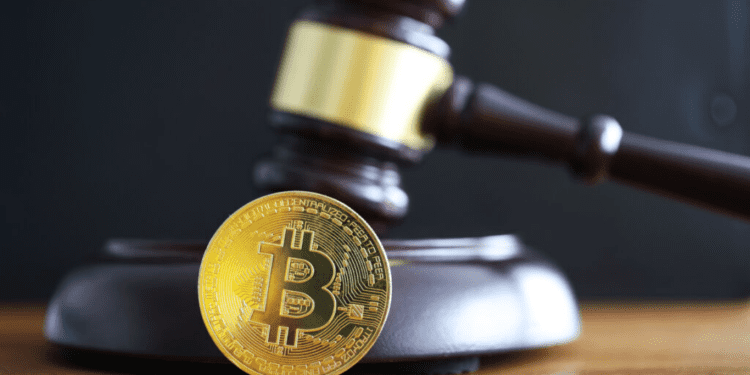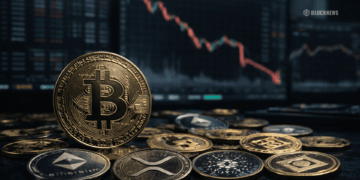Rising fines levied against people and businesses engaged in crypto-related activities have increased regulatory scrutiny and enforcement actions in the industry, underscoring the importance of compliance and transparency.
- The number of regulatory actions and fines levied on firms working in the cryptocurrency sector has significantly increased since 2018.
- In 2023, regulatory frameworks aimed at cryptocurrencies grew to include provisions for investor protection, AML/KYC regulations, and transparency duties.
The cryptocurrency sector works to advance and acquire acceptance from the general public. Still, it continues under regulatory and public scrutiny from those who may need help comprehending how it operates. Regulating agencies worldwide have stepped up their vigilance in recent years when tackling possible hazards and ensuring compliance in the cryptocurrency field.
Increasing Regulatory Scrutiny
The number of regulatory actions and fines levied on companies working in the cryptocurrency market has significantly increased since 2018. Regulating bodies like the SEC and FCA have increased their enforcement efforts, primarily to safeguard investors and advance market integrity. Last week the SEC took action against both Coinbase and Binance for violating U.S regulations.
The number of regulatory frameworks specifically addressing cryptocurrencies has significantly increased as of 2023. These frameworks typically include clauses addressing disclosure requirements, KYC and AML laws, and investor protection. By putting these standards in place, the government has been able to take a more rigid stance against people and companies who don’t comply, guaranteeing a safer environment for investing.
Regulators Shift Towards Individual-Protection
An individual-focused strategy with a keen interest in the cryptocurrency sector has significantly influenced the rise in enforcement actions and fines. To promote a safer environment for investing and discourage dishonest individuals from working inside the business, regulators are increasingly fining fraudulent acts, frauds, and illegal promotion of crypto products. This move underscores the need to build confidence within the crypto ecosystem and the increasing importance placed on investor protection.
Notable Cases and Trends
In recent years, several high-profile cases involving celebrities, influencers, and businesses that promoted cryptocurrencies without making the appropriate disclosures or engaging in fraudulent activity have come to light. Examples include Paul Pierce, Kim Kardashian, DJ Khaled, and Floyd Mayweather Jr. These incidents have served as a wake-up call for investors and authorities alike, emphasizing the adverse effects of false endorsements in the cryptocurrency industry. Nowadays, trust-building and investor protection are viewed as most important when there is transparency and due diligence.
Initial coin offerings (ICOs) have been more popular in recent years, another trend that has prompted regulatory actions and sanctions. As a result of several ICOs being labeled as unregistered securities offerings, some projects have even been shut down and had to pay fines and penalties. The regulatory authorities’ dedication to upholding securities rules and safeguarding investors has been made clear by their crackdown on non-compliant ICOs.
Implications for the Crypto Industry
Since 2018, the landscape of cryptocurrency fines has significantly changed, reflecting the maturing of the sector and escalating regulatory scrutiny. An evolution toward a more regulated and accountable crypto economy may be seen in the increased enforcement actions, expanded regulatory frameworks, and attention to crypto users. However, the industry still needs help navigating the shifting regulatory landscape and meeting AML/KYC regulations.
Conclusion
Regulatory vigilance and enforcement actions have considerably grown as the cryptocurrency business has continued to expand and change. To safeguard investors, maintain market integrity, and stop fraudulent acts, regulatory organizations worldwide are enforcing fines and penalties. Celebrities and influencers have been involved in high-profile incidents in the industry, underscoring the value of transparency and due diligence in the crypto field. Participants in the cryptocurrency business need to keep updated about the changing regulatory climate and ensure compliance with AML/KYC regulations to traverse this shifting landscape successfully.














